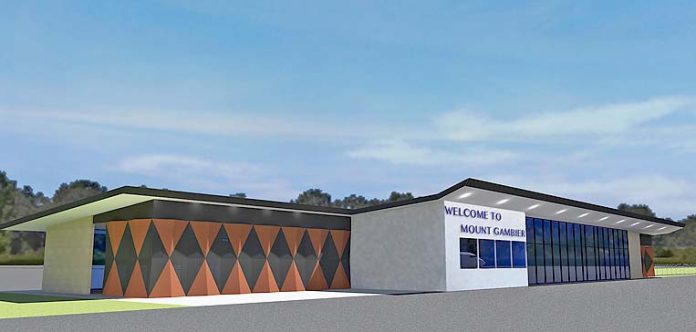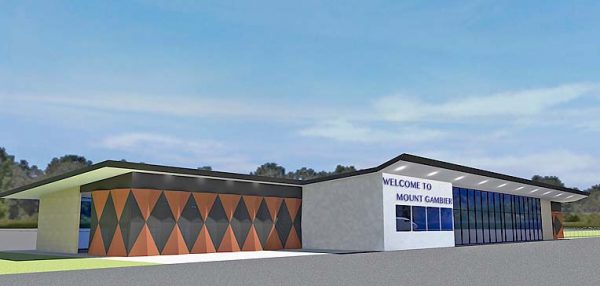

TRAVELLERS flowing through the Mount Gambier Regional Airport will not be subject to security screening due to the size of commercial passenger planes.
While the Federal Government has introduced regulations to sweep in security screening at regional airports, passenger planes under 40 seats are exempt.
It is understood these smaller aircraft are exempt due to their reduced threat compared with heavier planes with higher fuel loads.
While concerns have been raised security will drive up airfares at regional airports, an online social poll conducted by The Border Watch found the majority of respondents wanted security screening.
More than 700 people took part in the poll to date with more than 560 people voting in favour of security screening at the regional airport.
But comments posted on the site were diverse with some respondents suggesting security at Mount Gambier Hospital was a higher priority.
Others raised concerns additional security measures would see prices per ticket soar at regional airports.
A case study into Whyalla, an airport serviced by both Rex and Qantas, has found the new requirement will increase the per person flight by $53.
Mount Gambier Regional Airport manager Ian Fritsch said the Rex fleet at the region’s major airport were under 40 seats.
“That’s the category we are in at at the moment – 40 seats is the trigger,” Mr Fritsch said.
While the new terminal being constructed would make provisions to allow for future security installation, he said passenger screening was not planned for the new building.
“The building is sized so we could do it in the future,” he said.
But the airfield manager warned the introduction of security screening would add significant cost.
“It is not so much the machinery, but you have to man it. This would put pressure on ticket prices because someone has to pay for it,” Mr Fritsch said.
Regional Aviation Association of Australia chief executive officer Mike Higgins said imposing security screening at regional airports would fuel operating costs.
He claimed some regional airports were already using security measures as a “cash cow” given they were scanning passengers boarding both smaller and larger planes.
“They are price gouging when it is not required,” Mr Higgins told The Border Watch.
He said this money was being collected as a passenger levy, which was pushing up ticket prices.
Regarding the lack of passenger screening at Mount Gambier Regional Airport, Mr Higgins said people “should not be worried”.
Meanwhile, Senator Rex Patrick has warned routes could close if security screening was imposed on regional airports without the Federal Government covering operating costs.
“They have offered to pay for the equipment but not the much more significant ongoing operating costs,” Senator Patrick said.
“I’m happy for there to be security screening at regional airports, but the government must pay the operating costs.”
“National security should be a national responsibility, not a local cost.”
He warned Whyalla and Port Lincoln would be seriously affected by this “bungle”.
“However, it’s the thin edge of the wedge. Kangaroo Island and Mount Gambier are likely next,” Mr Patrick said.
The senator has moved to disallow the regulations imposing the screening requirement and will not withdraw it until the government agrees to meet the operating costs.
The disallowance vote will take place in the Senate in May.
“This will be a real test for Coalition Senators who often claim to represent regional Australia,” Senator Patrick said.
“I’m going to give them the opportunity to buck the party line and vote in support of regional communities.”
“This is also a test for the Labor Party which regularly just waves through government legislation in this parliament.”







